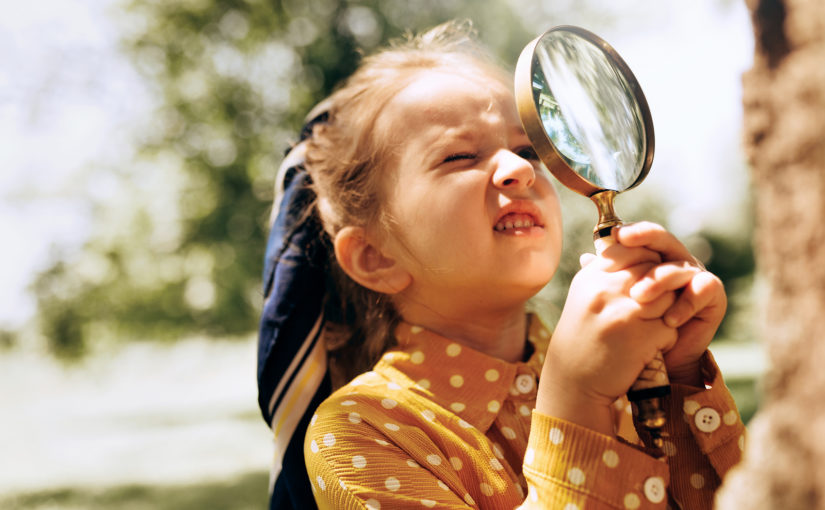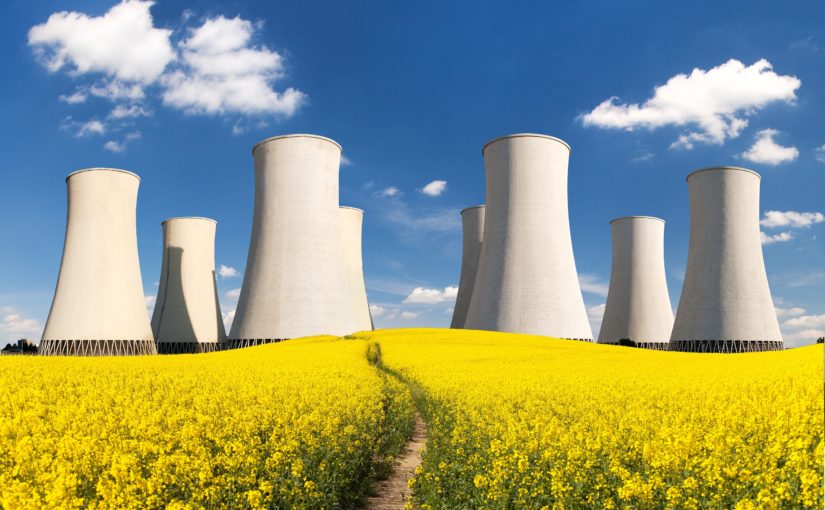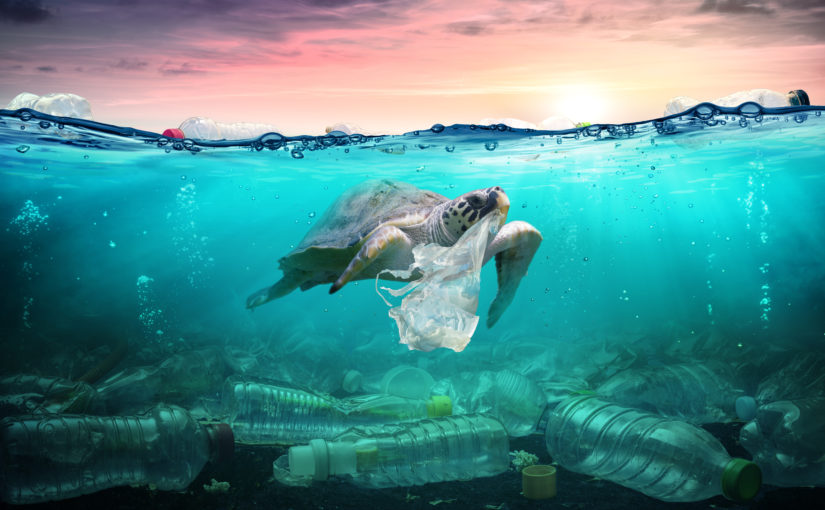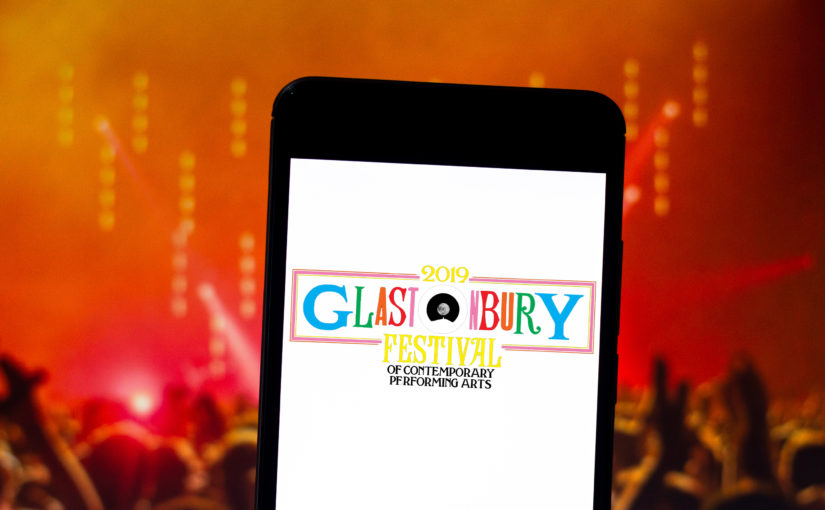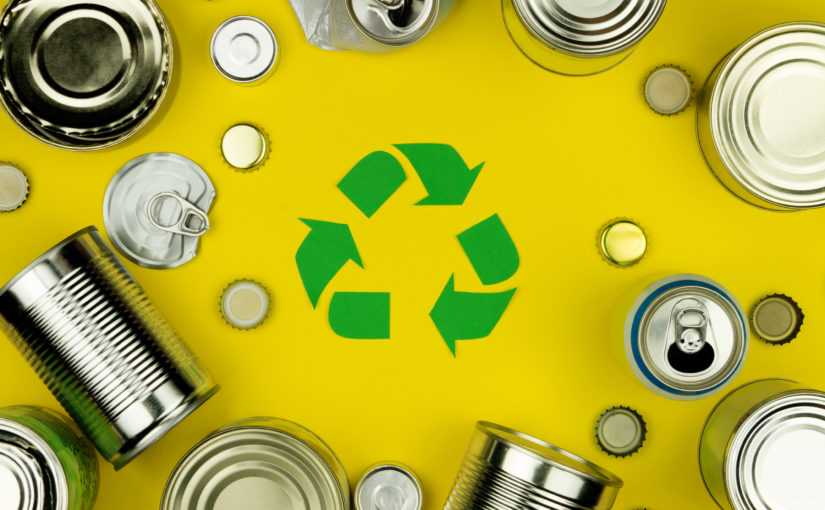We are all very familiar with glass — it is a common material that is used to make a plethora of items inside and outside of our homes.
In fact, most of us probably take it for granted!
Have you ever stopped and wondered how glass is made and how it is recycled? This blog post takes a look at all things glass.
Continue reading What is glass?